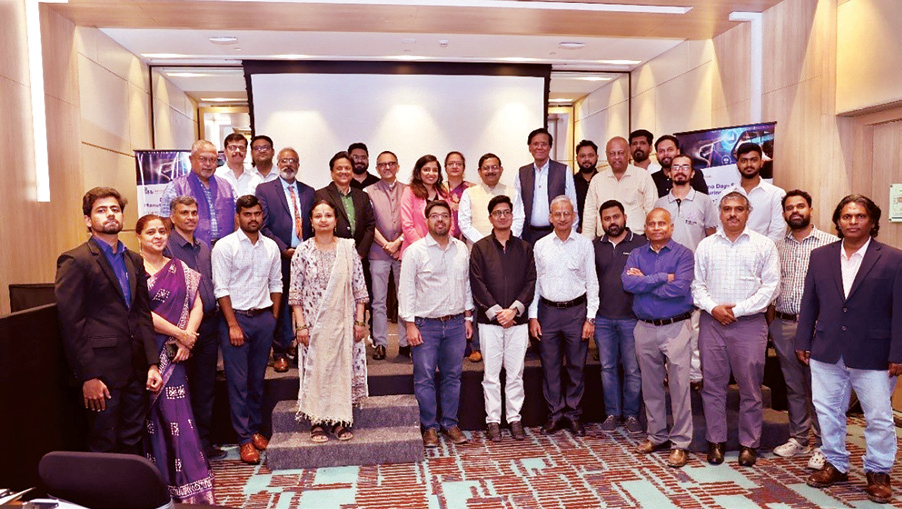
4 COMPANIES TO WATCH IN THE ACCELERATING GENE EDITING RACE
Companies around the world are lining up for pole position in the race to develop gene editing technology that could change the world of biotech. “Patent filings related to gene editing have increased 60-fold over the past 10 years,” said Mike Ward, global head of thought leadership in life sciences and healthcare at Clarivate, in an email. “This exponential growth reflects the intense innovation and commercial interest in gene editing technologies.
It also suggests we may see an acceleration in the development of new gene editing tools and therapies in the coming years.” As global superpowers like the U.S. and China vie for biotech supremacy, a recent report from Clarivate, an intelligence solutions company, took a closer look at the companies driving innovation in the burgeoning space. The analysts flagged several players uniquely poised to leap ahead of the competition, not only with flexible and innovative platforms, but the proprietary rights to potentially gamechanging technology. Others could solve problems that have plagued other genetic engineering technologies, such as serious safety issues triggered by editing mistakes, Ward said. Clarivate’s worldwide roster doesn’t include any Chinese companies, despite their growing influence. The report features companies that responded to Clarivate’s inquiries, which skewed toward Western-based entities, the authors said.
Here are four gene editing companies to watch. AlgenScribe SAS Early work in plant cell models provided the basis for this French company’s proprietary gene-editing platform, which allows for a type of genetic recombination involving similar or identical DNA molecules and could improve on traditional nuclease- based genome editing by tamping down unwanted mutations. Another strength is its partnerships with Institut Imagine, a leading European organization that treats and researches rare genetic diseases, and the Max Delbrück Center, a notable biomedical research organization. Broken String Biosciences The Cambridge, U.K., company holds potential with its INDUCEseq platform, which precisely maps gene editing- induced DNA breaks.
This could help spot and mitigate unintended and potentially harmful gene editing errors. The company also holds some key patents, which may keep it clear of legal scuffles over intellectual property rights as it advances, Ward said. — FPJ
 English daily published in Bengaluru & Doha
English daily published in Bengaluru & Doha






